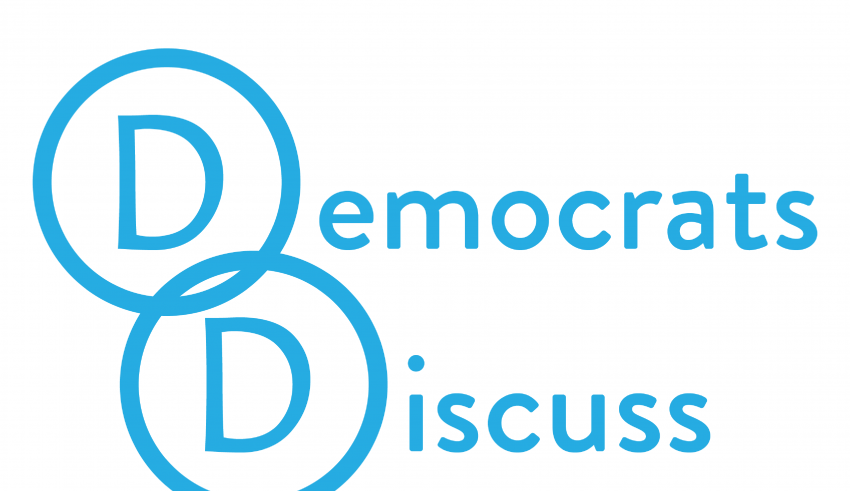OPINION: Democrats Discuss ー The pharmaceutical industry doesn’t care about its customers
Cody Phillips is a junior studying biology with a minor in chemistry. He is a member of the Ohio University College Democrats. The following article reflects the opinion and views of the author and does not present the thoughts of the Ohio University College Democrats.
This is a submitted column, and please note that these views and opinions do not reflect those of The New Political.
In 2015, the health technology industry was named one of the most lucrative industries with profit margins skyrocketing within the last several decades. As drug prices increase, people with life-threatening illnesses often face the difficult decision of how to pay for the medication that they need. But why are drugs, especially insulin, so expensive?
Reports indicate that there is almost a monopoly on the production and distribution of insulin — the injected hormone needed by diabetics. Three companies own roughly 90% of the insulin market, and this allows the companies to control and regulate the prices without being subject to market trends. Unlike other products, there is no “bargain shopping” for insulin, and insulin consumers can’t switch to a different brand if the one they’ve been using gets too expensive. People also can’t just boycott a company that produces drugs like this. They hold the consumer’s quality of life for ransom until the consumers are forced to pay outrageous prices. This gets exponentially worse because of a combination of pay-for-delay schemes, patent prolonging and price gouging.
Pay-for-delay schemes are a ploy where a new company acknowledges the patent from a company already on the market and then agrees to not enter the market while they receive payment from the company they acknowledge. Basically, this is a way for other companies to pay potential off new companies who threaten their business. Although this is more of an issue for other drugs on the market, such as Lidoderm and Provigil, biosynthetic molecules like insulin are not immune. This further upholds the pharmaceutical company’s tight grip on the market and maintains its pseudo-monopolies.
Animal-based insulin, and even most other insulins, have been on the market long enough to outlive their patents. Although this would generally open the gates for new companies to come in and make similar products, due to loopholes and the process of “evergreening” these pharmaceutical companies have been able to hold onto their patent. Evergreening is when only slight adjustments are made to an old product, yet the brand markets it as a “new invention.” This is particularly bad for insulin prices because prolonging holds on patents prevent new companies from entering the market, which would reduce the price of insulin.
Price gouging has also exponentiated the problem. A vial of insulin is estimated to cost between $2.28 and $6.16, but companies charge diabetics approximately $532 a vial.
Although there are many reasons this price is outrageous, they all come back to one central theme: Profit. Pharmaceutical companies see sick people, not as patients, but as ways to make a profit, and they’ll squeeze every penny by increasing the prices of their drugs.
Life-saving medicine should not be so expensive that individuals must choose between rent payments and treatment. Simple regulations on the business practices of pharmaceutical companies, and then the subsequent regulation of drug prices, should be enacted to make medicine people need affordable and accessible.

